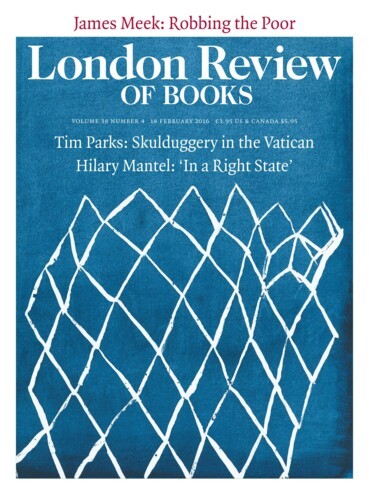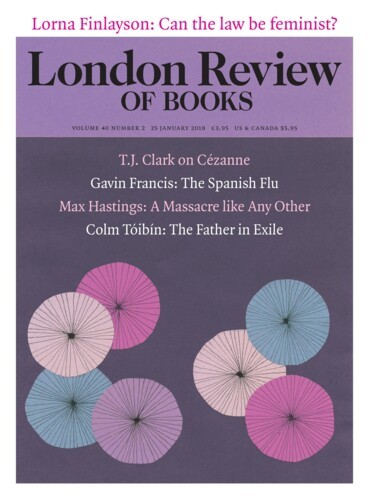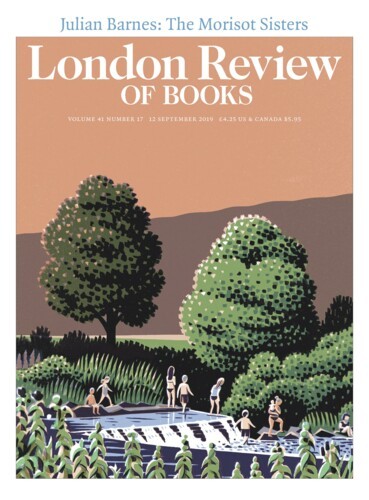Alaric’s initial target in the winter of 408 was not the city of Rome itself but its harbour, where he mounted a shipping blockade that caused months of food shortages. When Roman ambassadors asked what it would take to get him to open the port, his answer was not citizenship but five thousand pounds of gold, thirty thousand pounds of silver, four thousand silk tunics, three thousand scarlet cloaks (no boots or trousers for him) and three thousand pounds of pepper, a delicacy imported from India to treat eye disorders as well as to season food. Alaric then negotiated with Emperor Honorius himself, but citizenship still wasn’t on the agenda: he requested another position in the imperial administration, food and ‘permission to live on Roman land’ for himself and his followers.
Alaric the Goth: An Outsider’s History of the Fall of Rome by Douglas Boin. When Roman ambassadors asked what it would take to get Alaric to open the port, his answer was not citizenship but five thousand pounds of gold, thirty thousand pounds of silver, four thousand silk tunics, three thousand scarlet cloaks (no boots or trousers for him) and three thousand pounds of pepper, a delicacy imported from India to treat eye disorders as well as to season food.





